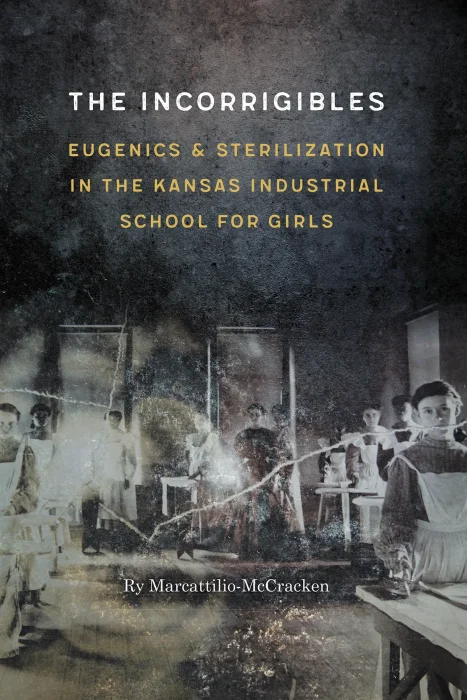In the Public Good: Eugenics and Law in Ontario

Date: September 15th, 2021
Сategory: Politics, Sociology
ISBN: 0228008514
Language: English
Number of pages: 320 pages
Format: EPUB
Add favorites
In the Public Good: Eugenics and Law in Ontario (McGill-Queen's/Associated Medical Services Studies in the History of Medicine, Health, and Society)
In the early twentieth century, the eugenics movement won many supporters with its promise that social ills such as venereal disease, alcoholism, and so-called feeble-mindedness, along with many other conditions, could be eliminated by selective human breeding and other measures. The provinces of Alberta and British Columbia passed legislation requiring that certain "unfit" individuals undergo reproductive sterilization. Ontario, being home to many leading proponents of eugenics, came close to doing the same.
In the Public Good examines three legal processes that were used to advance eugenic ideas in Ontario between 1910 and 1938: legislative bills, provincial royal commissions, and the criminal trial of a young woman accused of distributing birth control information. Taken together, they reveal who in the province supported these ideas, how they were understood in relation to the public good, and how they were debated. Elizabeth Koester shows the ways in which the law was used both to promote and to deflect eugenics, and how the concept of the public good was used by supporters to add power to their cause.
With eugenic thinking finding new footholds in the possibilities offered by reproductive technologies, proposals to link welfare entitlement to "voluntary" sterilization, and concerns about immigration, In the Public Good adds depth to our understanding. Its exploration of the historical relationship between eugenics and law in Ontario prepares us to face the implications of "newgenics" today.
In the early twentieth century, the eugenics movement won many supporters with its promise that social ills such as venereal disease, alcoholism, and so-called feeble-mindedness, along with many other conditions, could be eliminated by selective human breeding and other measures. The provinces of Alberta and British Columbia passed legislation requiring that certain "unfit" individuals undergo reproductive sterilization. Ontario, being home to many leading proponents of eugenics, came close to doing the same.
In the Public Good examines three legal processes that were used to advance eugenic ideas in Ontario between 1910 and 1938: legislative bills, provincial royal commissions, and the criminal trial of a young woman accused of distributing birth control information. Taken together, they reveal who in the province supported these ideas, how they were understood in relation to the public good, and how they were debated. Elizabeth Koester shows the ways in which the law was used both to promote and to deflect eugenics, and how the concept of the public good was used by supporters to add power to their cause.
With eugenic thinking finding new footholds in the possibilities offered by reproductive technologies, proposals to link welfare entitlement to "voluntary" sterilization, and concerns about immigration, In the Public Good adds depth to our understanding. Its exploration of the historical relationship between eugenics and law in Ontario prepares us to face the implications of "newgenics" today.
Download In the Public Good: Eugenics and Law in Ontario
Similar books
Information
Users of Guests are not allowed to comment this publication.
Users of Guests are not allowed to comment this publication.




